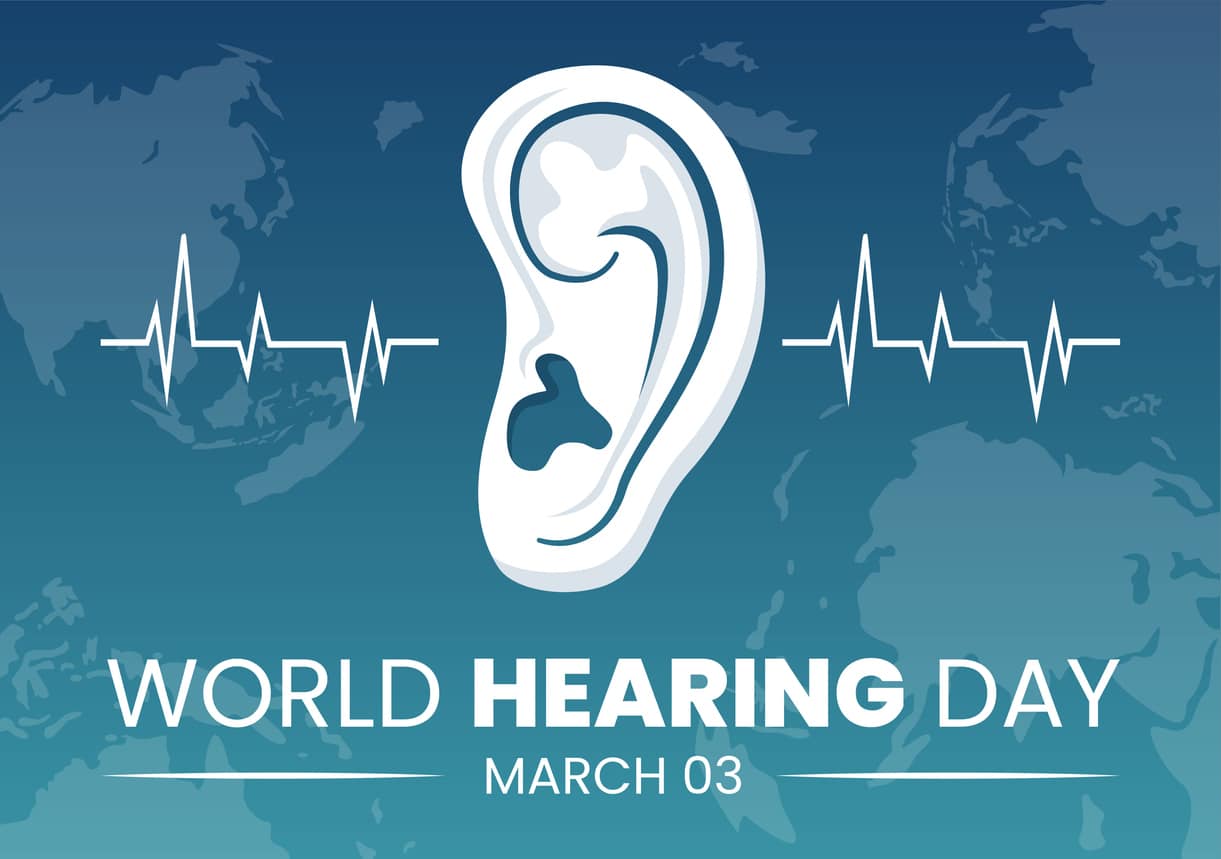
The average hearing loss patient waits seven years before seeking help, which can take a toll on their quality of life.1 The longer someone puts off getting treatment, the more likely they are to face negative consequences for their well-being—hearing loss is linked to several common health conditions.
The Impact on Your Health
Your brain makes sense of the sound your ears take in, allowing you to hear. Untreated hearing loss causes your brain to process fewer sounds, leading to some pathways atrophying or being used for other functions, which can contribute to health problems.
People with hearing loss:
- Have three times the risk of falling2
- Are up to five times more likely to develop dementia3
- Are at a greater risk of experiencing depression and social anxiety4
- Can struggle to communicate and become socially isolated
Their financial health can also be affected—research shows that untreated hearing loss can decrease one’s annual income by up to $30,000.5
How to Cope: Get an Annual Hearing Test
Hearing loss usually develops gradually, making it difficult to notice for many patients. Since early support is key, scheduling an annual hearing test with an audiologist is crucial.
Annual testing will help detect any hearing loss as soon as possible, allowing an audiologist to treat your hearing loss more efficiently and effectively to help you maintain a good overall quality of life.
The Role of Hearing Aids and Communication Strategies
If your audiologist determines that you have hearing loss, hearing aids can help you communicate, connect and even improve your health. Evidence shows that wearing hearing aids can enhance balance,6 slow cognitive decline7 and reduce depression in patients.8
Using communication strategies is another way to make living with hearing loss easier. Turning on your TV’s closed captions, ensuring you can see a person’s face when they’re talking and moving to a quieter location to speak together are all examples of communication-enhancing techniques.
Now’s the time to take control of your hearing—and your health. evaluation. Call your local Audiologist to schedule your hearing evaluation.
Information provided by Dr. Kelly Cook, Audiologist, Iowa Hearing Center, 1228 Sunset Drive, Suite B, Norwalk, (515) 416-5990, www.IowaHearingCenter.com
1 Hearing Loss Association of America. (n.d.). Do you think you have a hearing loss? https://www.hearingloss.org/wp-content/uploads/HLAA_DoYouThinkYouHave_Hearing-Loss.pdf?pdf=DoYouThink
2 Johns Hopkins Medicine. (2012). Hearing loss linked to three-fold risk of falling. https://www.hopkinsmedicine.org/news/media/releases/hearing_loss_linked_to_three_fold_risk_of_falling
3 Johns Hopkins University. (n.d.).The hidden risks of hearing loss. https://www.hopkinsmedicine.org/health/wellness-and-prevention/the-hidden-risks-of-hearing-loss
4 Mener, DJ et al. (2014). Hearing loss and depression in older adults. J Am Geriatr Soc. https://www.ncbi.nlm.nih.gov/pmc/articles/PMC3773611/
5 Hearing Health Foundation. (n.d.). Workplace hearing loss. https://hearinghealthfoundation.org/hearing-loss-in-the-workplace#:~:text=
6 Strait, J. (2016). Hearing aids may improve balance: The Source: Washington University in St. Louis. https://source.wustl.edu/2014/12/hearing-aids-may-improve-balance/
7 Maharani, A et al. (2018). Longitudinal relationship between hearing aid use and cognitive function in older Americans. Journal of the American Geriatrics Society. https://pubmed.ncbi.nlm.nih.gov/29637544/
8 Murray Law, B. (2016).Study links hearing aids, cochlear implantation with improved mental health. ASHA Wire. https://leader.pubs.asha.org/do/10.1044/study-links-hearing-aids-cochlear-implantation-with-improved-mental-health/full/